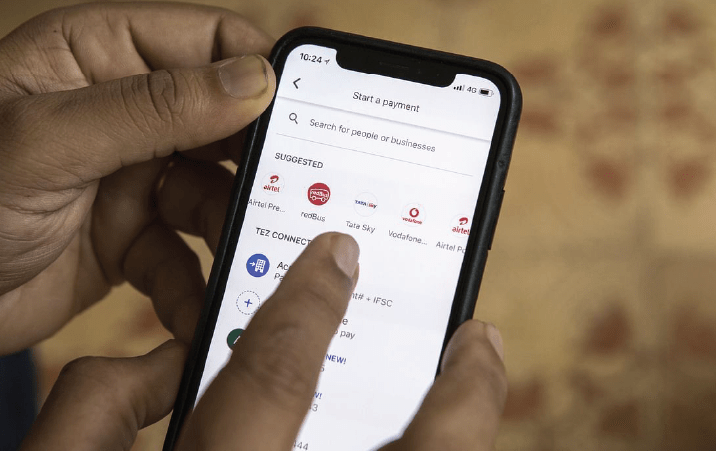Without the hassle of attestations or verification by the certificate-issuing authority, college students and job aspirants from Karnataka will be able to smoothly send their verified documents to their dream universities or future employers. That too, free of cost. This will be possible when Chief Minister Basavaraj Bommai will launch the e-Sahamati digital platform by the end of December. This portal has been developed by e-Governance Department and the National Informatics Centre.
The academic data and documents which citizens usually need while applying for jobs or universities can be easily shared once the new digital platform is launched. It will serve as an e-verification and at the same time, do away with the menace of fake certificates or documentation.
It was Additional Chief Secretary of e-Governance Department, Rajeev Chawla, who said that the system is expected to eliminate corruption and bring in transparency. Using their Aadhaar number, users will be able to log in and share the required data. A request will have to be sent to the consent manager of e-Sahamathi so that the data can be sent to the companies or universities, as required by students or job aspirants.
The Additional Chief Secretary also added that even the universities and companies will be required to register with the portal in order to access the data. Secondary School Leaving Certificate (SSLC) marks cards since 2003, PUC II since 2008 and documents of degrees and other courses of the last 10 years will be made available via the platform.
The obvious advantage for the employers is that they will be able to gauge how many students with a particular skill graduated in a particular year. But the student details will be available only when the student gives their consent. The facility of revoking consent is also available for the students, shared Shreevyas HM, Project Director at the Centre for e-Governance. He also added that the portal extends to other departments as well and gave the example of a citizen wanting to furnish their licence to the employer. This can be done once the portal is informed and in this case, the data fiduciary will be the Transport Department.
A proposal to levy Rs 50,000 on companies to register and avail the data has been floated. “We are requesting all students to register under this system,” he added.
As many as 65 private and government universities, along with 63 deemed universities have registered till date and universities will be able to collect fees for submission of students’ certificates. A committee, which will be headed by the Additional Chief Secretary, will supervise the entire process.
During the job interview, after the selection of the candidate is done, the next step for the employer is to verify educational background right from SSLC. This time-consuming process will be made easier as the verification will require only a few minutes with the new portal, explained the Additional Chief Secretary.
The framework of e-Sahamathi is built along the lines of the draft framework of Data Empowerment and Protection Architecture (DEPA) which was released by the National Institution for Transforming India (NITI Aayog) in August 2020.
The Government of Telangana has come forward to adopt a similar mechanism.
How the portal will work?
- Those students who would like to send the documents digitally to employers or universities need to inform e-Sahamathi via the app or the web portal
- Their consent will also be required for sharing their academic data
- The consent manager will forward the consent artefact and query request to the data fiduciary (the department, board or institute that issues the certificates or marks cards)
- The encrypted data is then sent to e-Sahamathi which, in turn, is shared with the employer
Courtesy – edexlive








